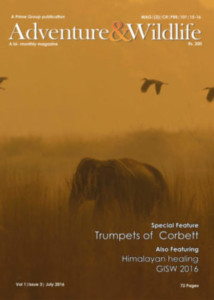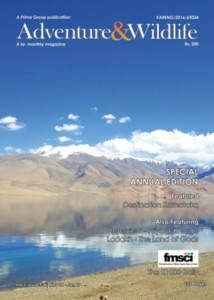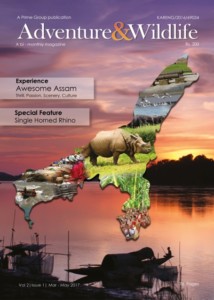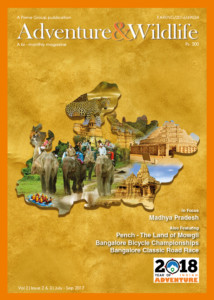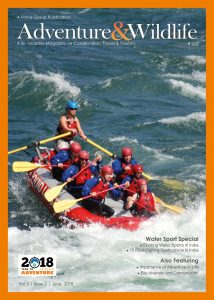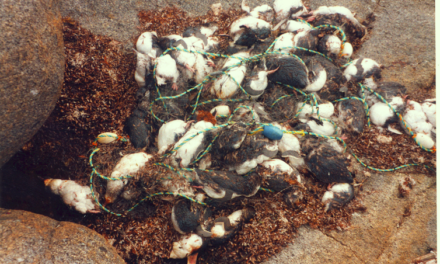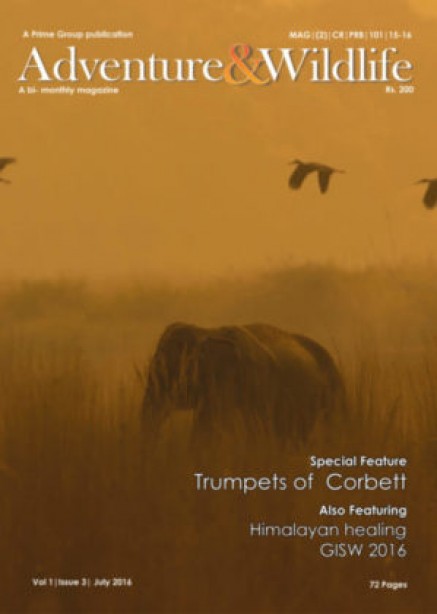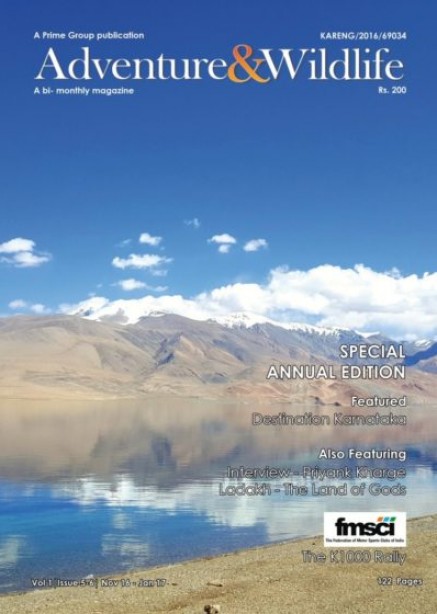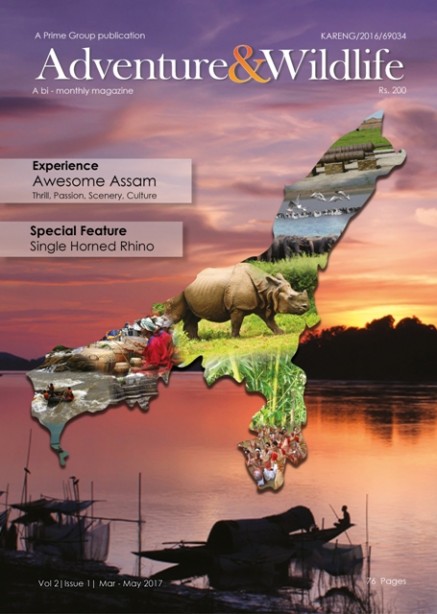
Australia’s large fish species declined 30% in past decade, study says

The number of large fish species in Australian waters has declined by 30% in the past decade, mostly due to excessive fishing, a new study says.
Marine ecology experts are calling for changes to fisheries management after publication of the study by scientists from the University of Tasmania and the University of Technology (UTS), Sydney.
The decade-long study used data from diving surveys by three different bodies – the Australian Institute of Marine Science, the University of Tasmania and Reef Life Survey, a supervised citizen science group – to compare trends in fish populations in unprotected marine areas, protected areas that allow for some fishing, and protected areas that prohibit fishing.
Data was collected repeatedly from 533 sites around Australia from 2005 to 2015 for large fish species – those bigger than 20cm in length, such as snapper, bream and parrotfish.
They found the biomass of large fish had declined by 36% on fished reefs and 18% in marine park zones that allowed for limited fishing.
“Because we were measuring the fish in the fished areas and comparing them to the same species in the unfished areas – and we found substantial differences in the trend over the 10-year period – we can ascribe that to the impact of fishing,” study co-author Trevor Ward, a marine scientist from UTS, said.
He said the work also found there was some level of effect from what they assumed was climate change: “That is, the fish species would still be declining to an extent, even if they weren’t fished, because their habitat is changing.”
Ward said there was a strong need for “highly precautionary fisheries management” but that greater use should also be made of no-take marine protected areas that prohibit recreational or commercial fishing.
“Marine reserves are a natural consequence of wanting to protect both the ocean ecological system and the fisheries so that in the course of things we can safely catch more fish.”
On Tuesday, the Greens urged the government to establish an independent scientific review of Australian fisheries stock.
“This study also shows that marine parks can be successful fisheries management tools but we simply don’t have enough of them or enough protection within them to deliver widespread benefits,” the Greens senator and healthy oceans spokesman, Peter Whish-Wilson, said.
But the assistant minister for agriculture and water resources, Anne Ruston, questioned the paper’s conclusions and said Australia’s sustainably managed commonwealth fisheries were “world-class”.
“The paper contains flawed arguments and conclusions, which are not supported by the weight of publically available evidence,” she said.
“The commercial catch for all fish stocks is set at ecologically sustainable levels and, for the fourth consecutive year, no fishery solely managed by the commonwealth has been subject to overfishing.”
She said the Greens had “failed to present any information to suggest a review is warranted.”
Source : https://www.theguardian.com/environment/2018/jun/05/australias-large-fish-species-declined-30-in-past-decade-study-says


